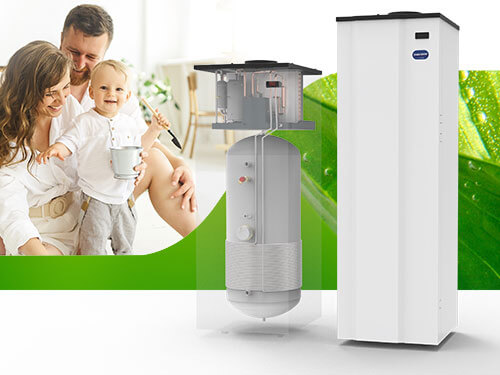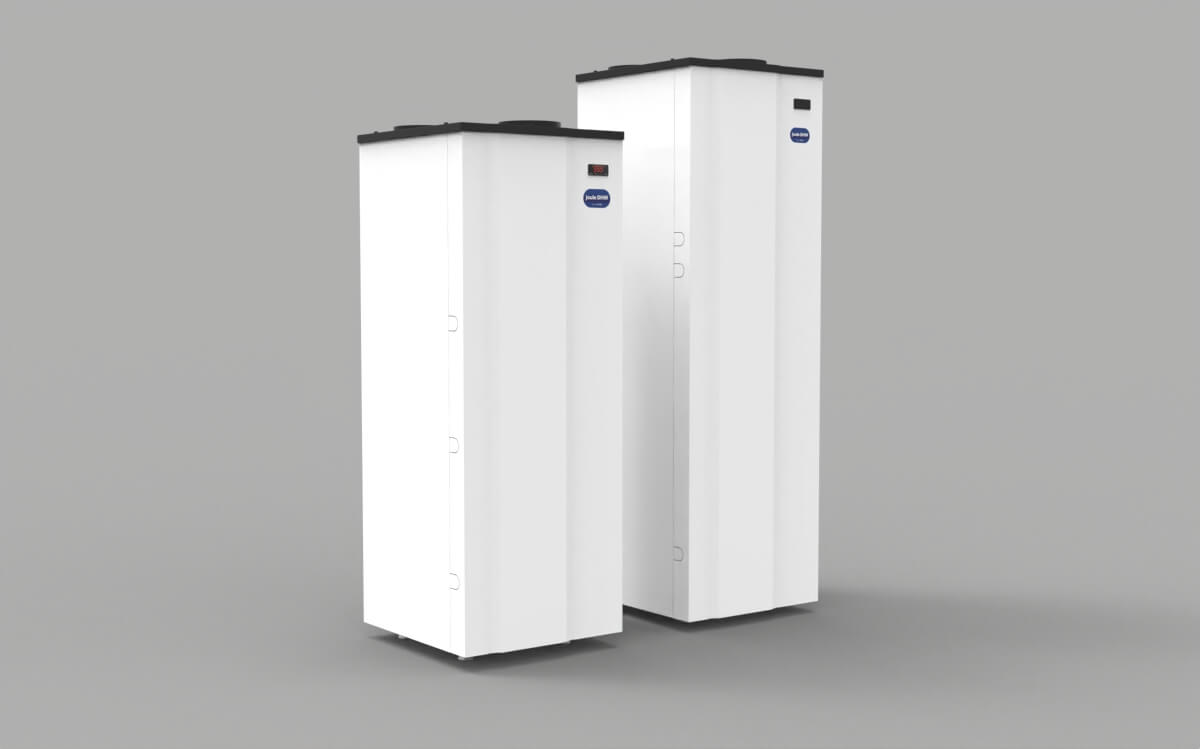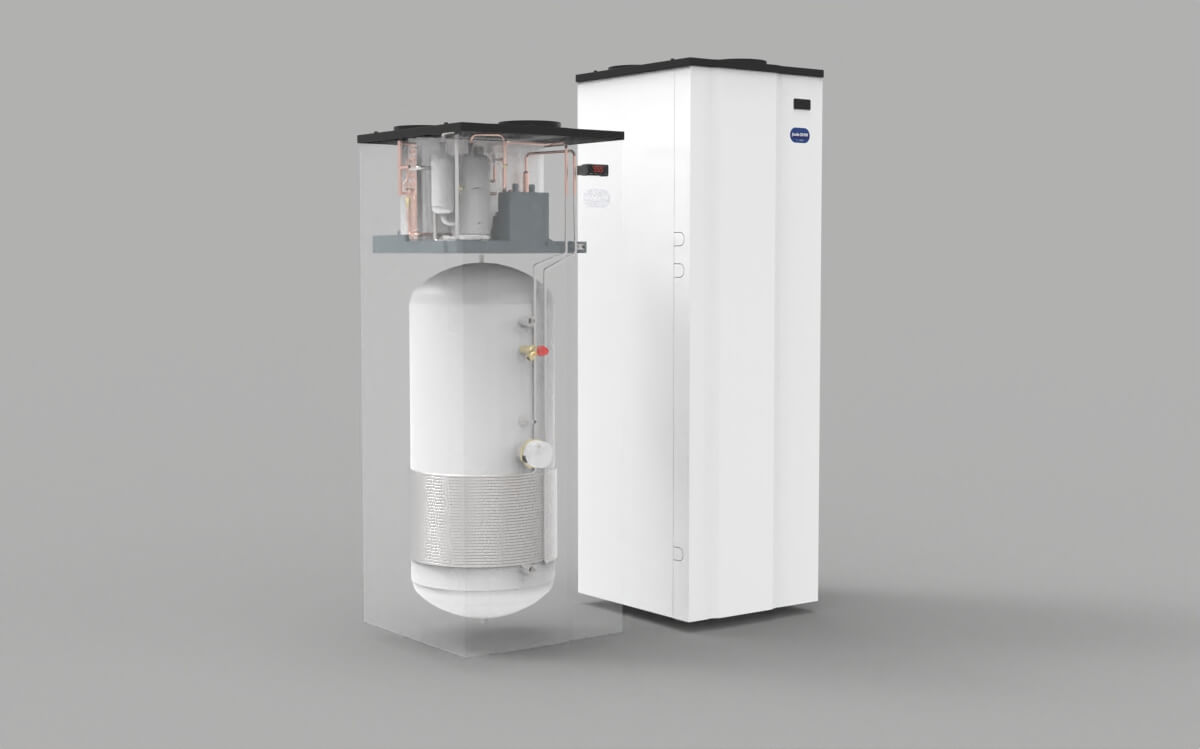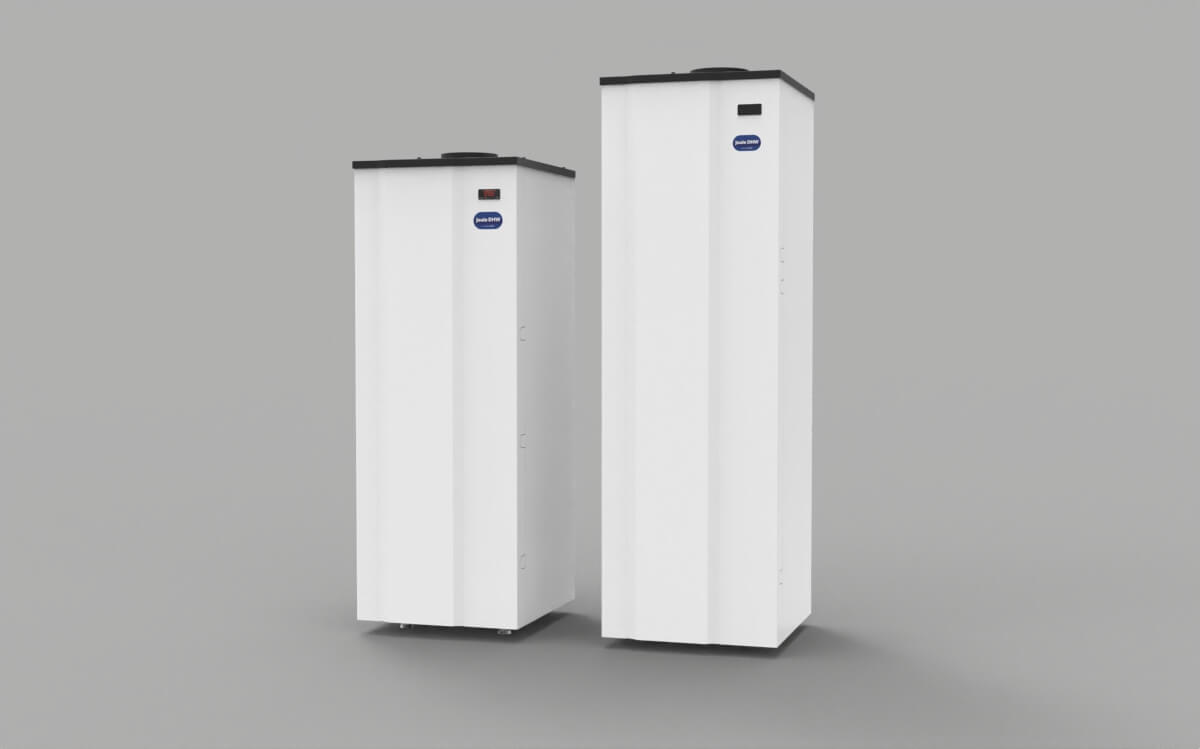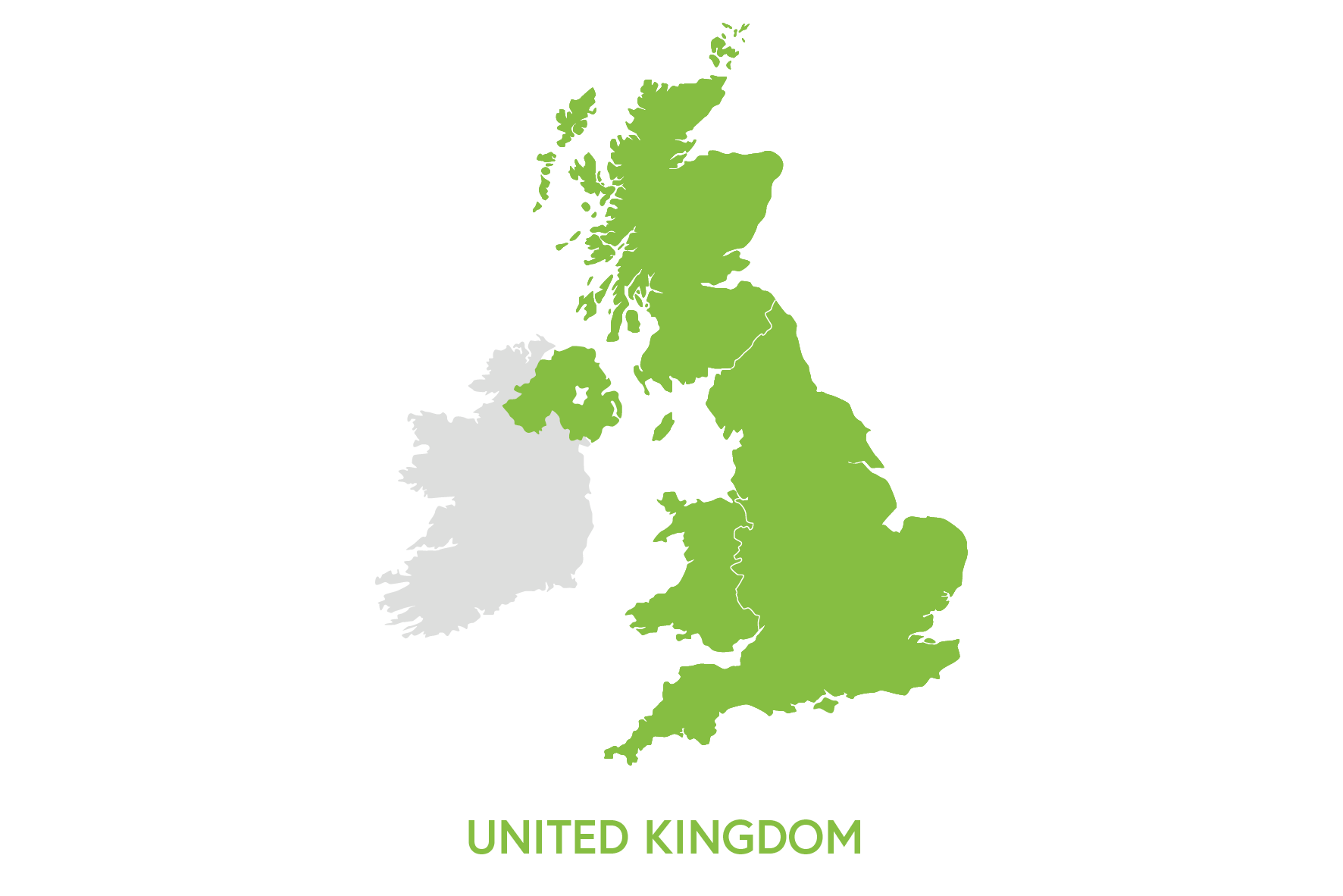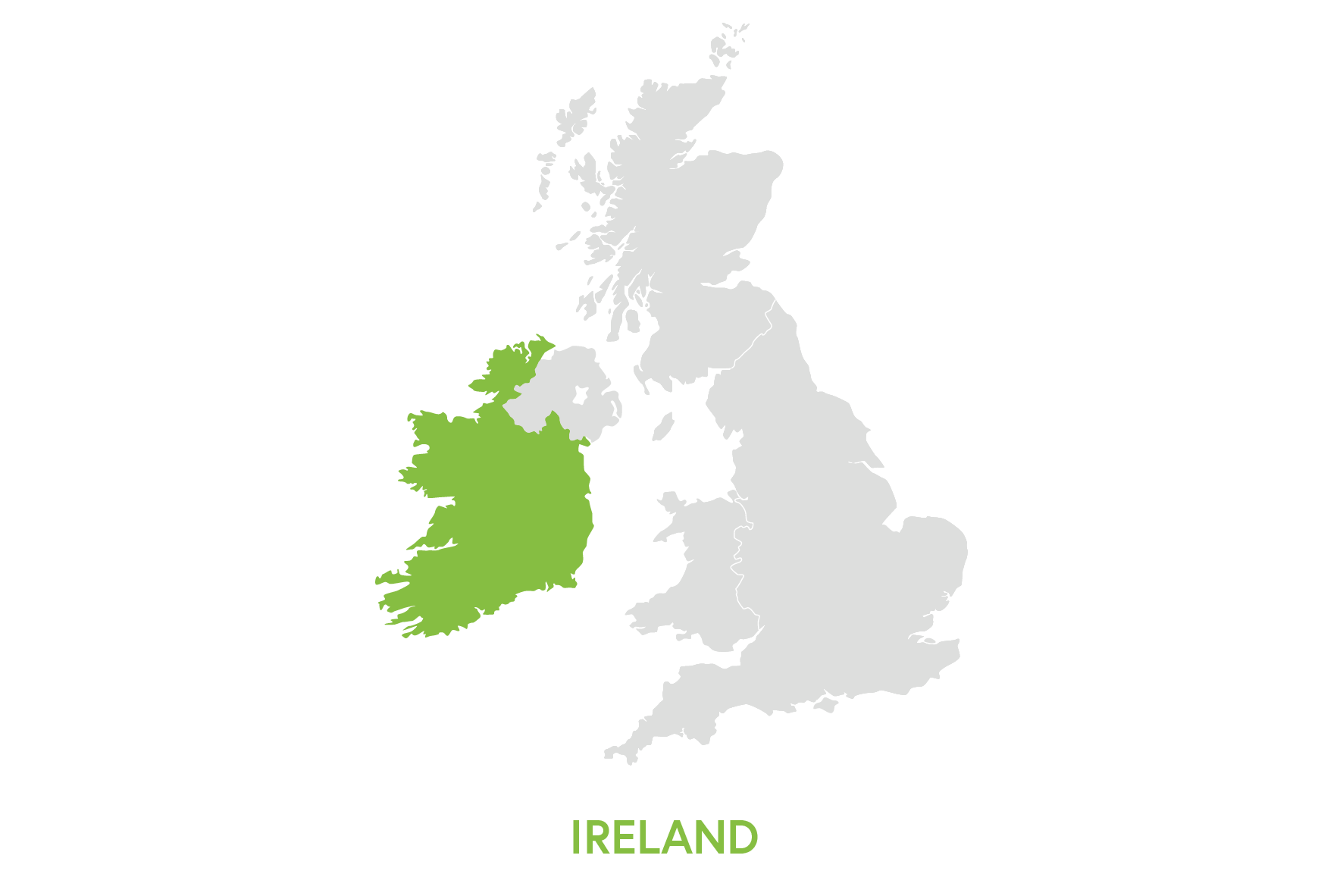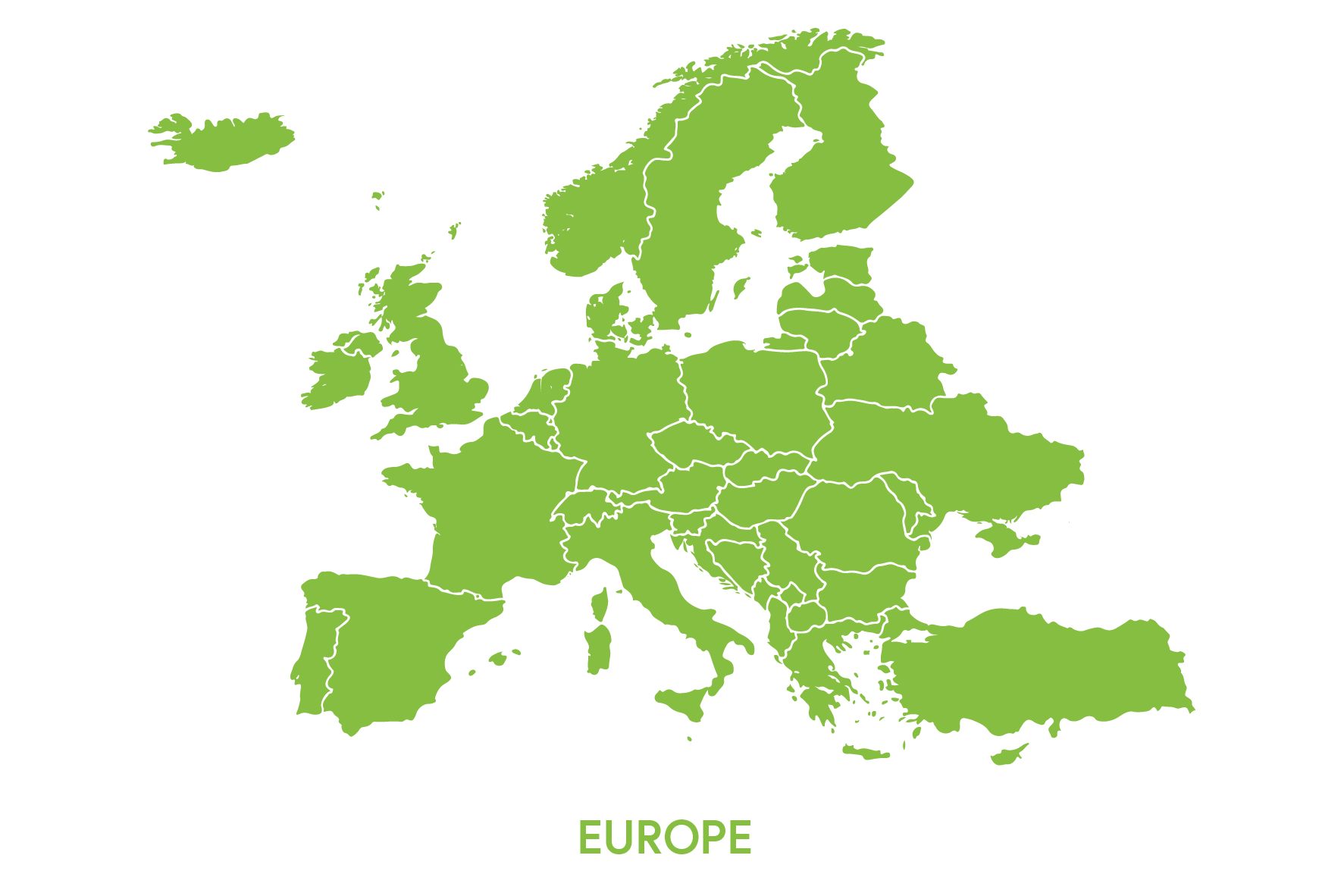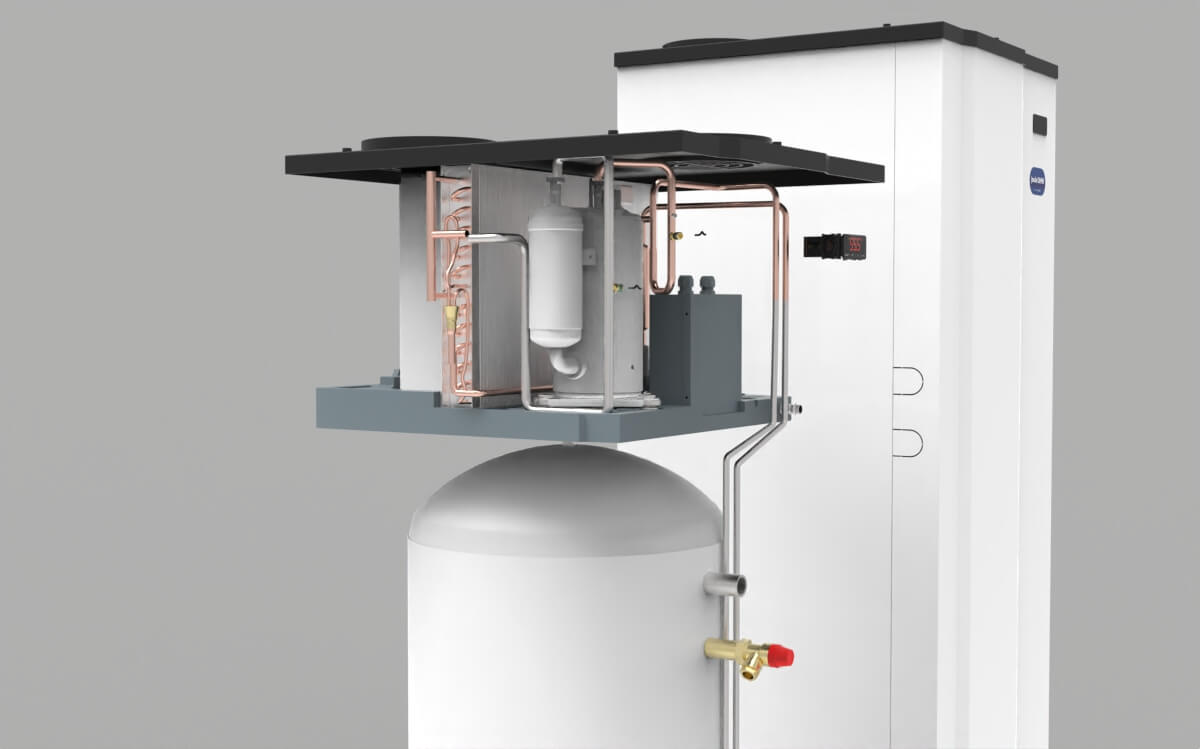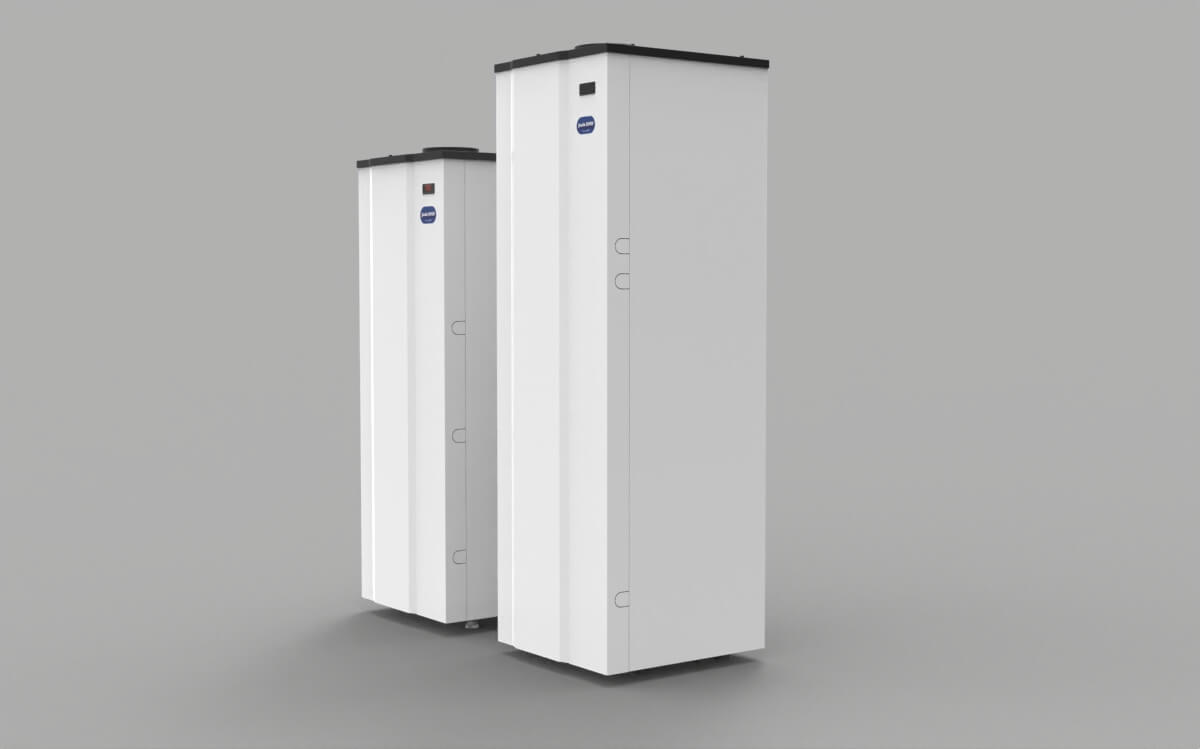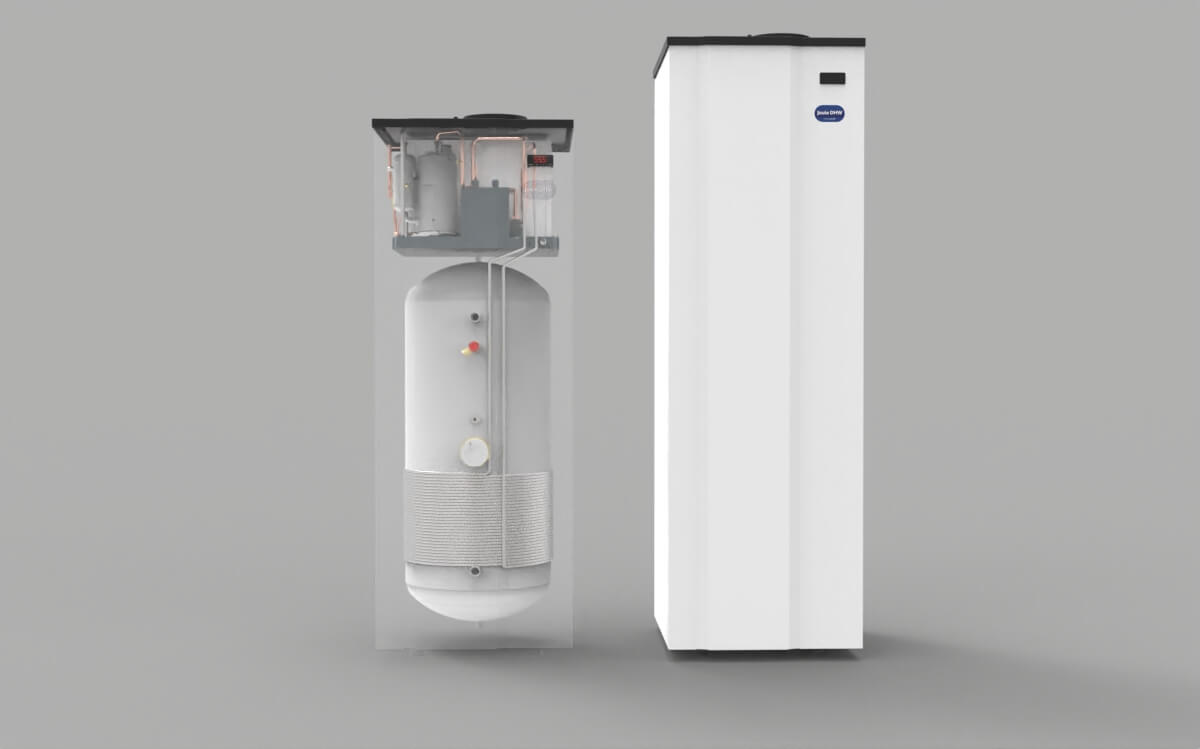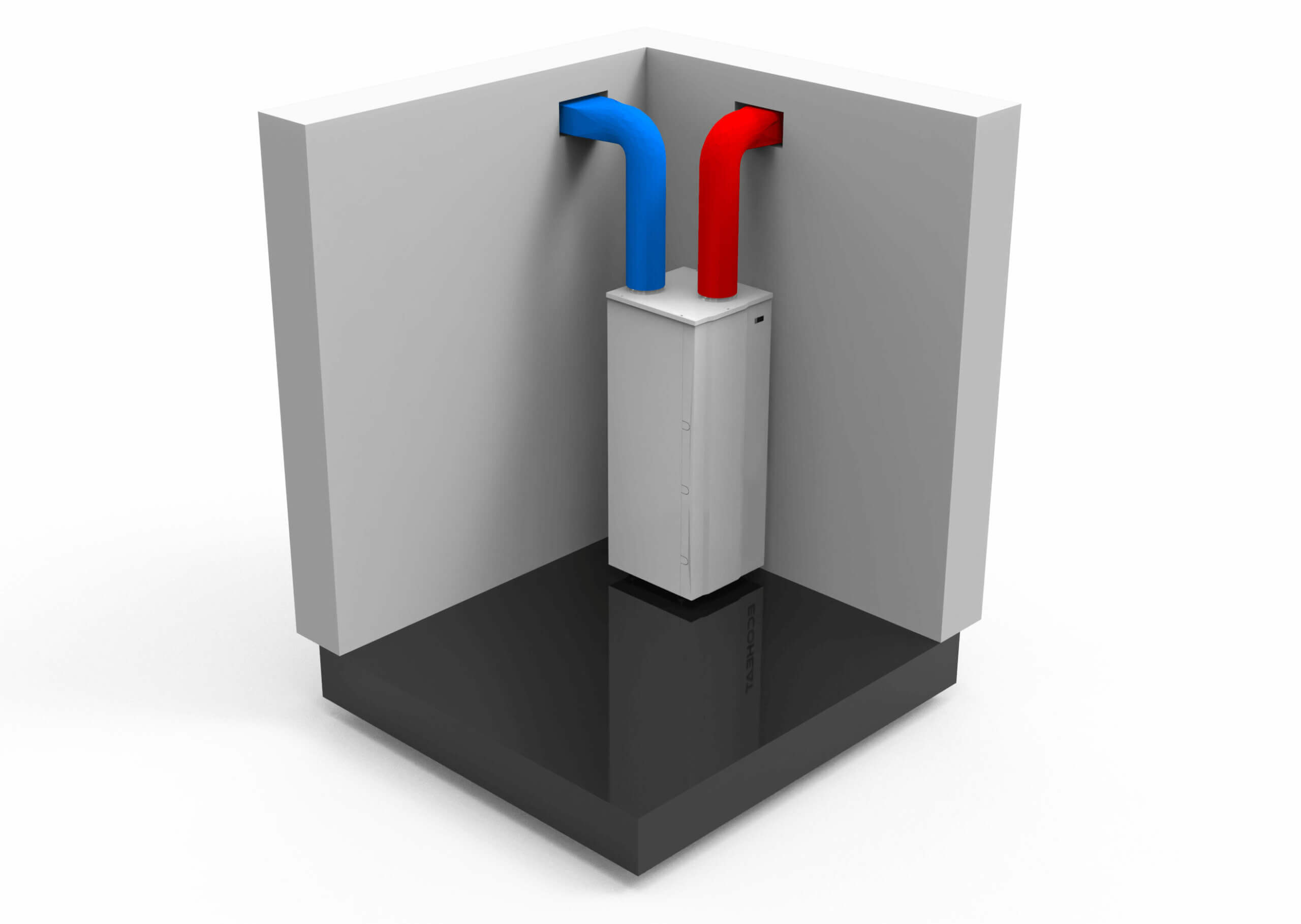The Joule DHW Heat Pump Cylinder efficiently provides all the domestic hot water (DHW) requirement for a typical dwelling.
Sleak in its design the Joule DHW can fit seamlessly into a standard sized kitchen unit if required, potentially freeing up additional storage room in the airing cupboard. The supply air is fed to the heat pump cylinder via insulated ducting. The Joule DHW range comes in various volumes to suit any requirement. (160L, 200L and 260L).
Due to the high efficiencies, the cylinder reduces the dwelling emissions in SAP/DEAP making it possible to achieve compliance using electric space heating.


